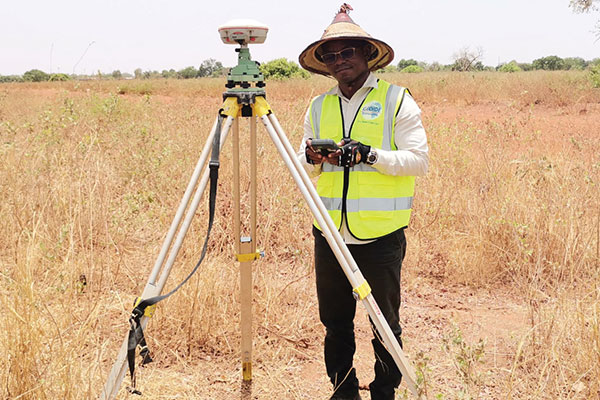
It involves the construction of buildings and related building works from foundation, walls, roofs, finishes, and demolition works.
- Teacher: Admin User

Moodle is an open-source Learning Management System (LMS) that provides educators with the tools and features to create and manage online courses. It allows educators to organize course materials, create quizzes and assignments, host discussion forums, and track student progress. Moodle is highly flexible and can be customized to meet the specific needs of different institutions and learning environments.
Moodle supports both synchronous and asynchronous learning environments, enabling educators to host live webinars, video conferences, and chat sessions, as well as providing a variety of tools that support self-paced learning, including videos, interactive quizzes, and discussion forums. The platform also integrates with other tools and systems, such as Google Apps and plagiarism detection software, to provide a seamless learning experience.
Moodle is widely used in educational institutions, including universities, K-12 schools, and corporate training programs. It is well-suited to online and blended learning environments and distance education programs. Additionally, Moodle's accessibility features make it a popular choice for learners with disabilities, ensuring that courses are inclusive and accessible to all learners.
The Moodle community is an active group of users, developers, and educators who contribute to the platform's development and improvement. The community provides support, resources, and documentation for users, as well as a forum for sharing ideas and best practices. Moodle releases regular updates and improvements, ensuring that the platform remains up-to-date with the latest technologies and best practices.
Links of interest:

It involves the construction of buildings and related building works from foundation, walls, roofs, finishes, and demolition works.

Surveying is the process of determining the relative position of natural and man- made features on or under the earth's surface, the presentation of this information either graphically in the form of plans or numerically in the form of tables, and the setting out of measurements on the earth's surface.

Construction management encompasses the comprehensive oversight and coordination of construction projects to ensure their successful completion within budget, schedule, and quality standards. It involves tasks such as project planning, budgeting, scheduling, contract management, risk mitigation, quality control, safety compliance, resource allocation, and environmental considerations. Effective communication and leadership are crucial for liaising with stakeholders and managing the various aspects of the project, while the integration of technology plays an increasingly important role in enhancing efficiency and productivity. Ultimately, construction managers in civil engineering are tasked with orchestrating the various components of a project to deliver infrastructure that meets both functional requirements and regulatory standards while minimizing environmental impact.

Building services encompass a range of essential systems installed within buildings to ensure functionality, comfort, safety, and efficiency. These systems include mechanical services like HVAC and plumbing, electrical services for power distribution and lighting, fire protection and security systems for occupant safety and property protection, communication systems for data transmission, elevator and escalator systems for vertical transportation, building automation and control systems for optimizing performance, lighting systems for visibility and ambiance, and renewable energy systems for sustainability. Effective design, installation, operation, and maintenance of these services are vital for ensuring the smooth functioning and longevity of buildings, catering to the needs of occupants while minimizing energy consumption and environmental impact.